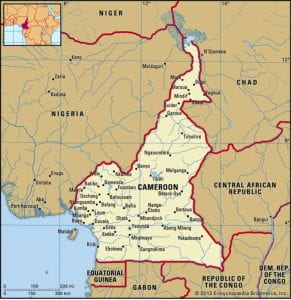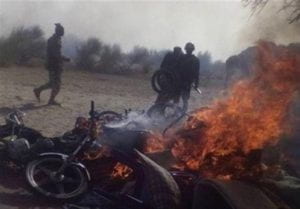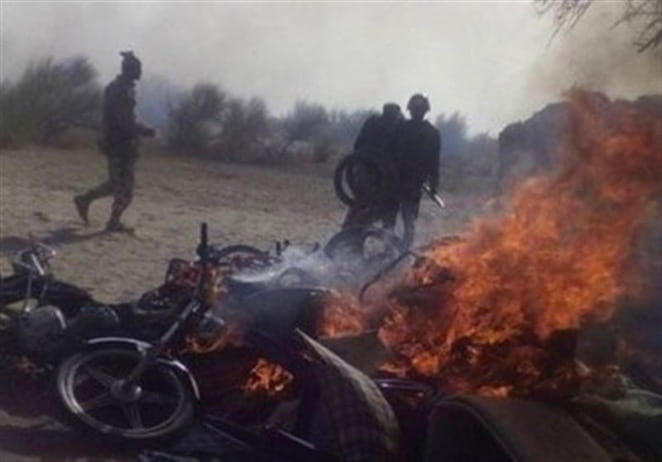Over 6,000 individuals killed, 765,000 individuals displaced, 2,200,000 individuals in need of humanitarian support, and 600,000 children stripped of their education.
Where, you might ask, is this currently occurring?
Bordering the Atlantic coast in west Central Africa, the country of Cameroon is entering into its sixth year of armed conflict. Deemed the “second most neglected crisis in the world” by The Norwegian Refugee Council, only 29 percent of the country’s Humanitarian Response Plan has been funded and/or implemented.

Historic Overview
This conflict divides the country of 27 million inhabitants into two distinct groups: the Anglophones and the Francophones. The Anglophones, the English-speaking minority of the West regions, have experienced marginalization across multiple levels by the Francophones, the French-speaking majority of the Central and Eastern regions.
Once comprised of many ethnically distinct kingdoms, or Fondoms, the region now known as Cameroon became established in 1884 under German colonial rule. At the end of World War I, Germany receded control of West Cameroon to Britain, and Central and East Cameroon to France under the League of Nations. European governance remained in place until 1960, when France granted independence to the country of Cameroon. The following year, the British-controlled North-west and South-west regions voted between the option of joining Nigeria or the newly established Cameroon. The North-west region voted to become a part of Nigeria, while the South-west region (now referred to as Southern Cameroons) voted to become a part of Cameroon.
The Root of the Crisis in Southern Cameroons
While the country is formally unified under one government, tensions have simmered for decades, specifically following the 1982 election of Cameroon’s current president, Paul Biya. Under Biya’s governance, the country has faced a decline in economic prosperity and unequal representation of the Anglophone minority. Undertones of opposition erupted into protests in late 2016.
Teachers, lawyers, and judges within Southern Cameroons initiated a series of protests to call for an equal representation of Anglophones and the use of the English language in legal settings, government, economic development, community services, and education, as stated in the constitution of Cameroon. A movement to establish an independent Anglophone nation, Ambazonia, strengthens alongside the protests. The desire for independent Anglophone and Francophone nations relates to the establishment of Cameroon in the 1960s. The British-controlled regions were given the option of joining with the governance of one of their neighboring countries, not the opportunity for independence.
Humanitarian Crisis

As tension heightened between the Anglophones and the Francophones throughout 2016 and into 2017, violence ensued. Both groups engaged, and continue to engage, in armed conflict. Armed governmental forces in support of the Francophones and armed separatist forces in support of the Anglophones have created a humanitarian crisis within the country. In addition to the continued acts of direct violence, acts of structural violence run rampant, particularly in Southern Cameroons. Schooling and health care access disrupted, resources blocked, property and land seized, lack of clean water and food, rolling electric and internet outages, individuals imprisoned on political grounds, allegations of election fraud… and the list goes on.
Humanitarian organizations struggle to provide the basic necessities for those affected by this conflict. The number of internally displaced persons (IDPs) and refugees (primarily in neighboring Nigeria) continues to increase, with women and children at particularly high risk. The International Crisis Group currently classifies the conflict in Cameroon as an “unchanged situation”. Additionally, The Institute for Economics and Peace ranks Cameroon 11th globally on the 2022 terrorism index. First-hand accounts continue to be shared that validate these statistics. A cemetery worker in Southern Cameroons reflects in an interview with the BBC, “It is a blessing to be buried at all, let alone by family and friends.”
This is the first in a series of blog posts that will look further into the conflict in Cameroon. Each month a humanitarian need and/or organization working in response to the humanitarian crisis will be featured on the UAB Institute for Human Rights’ blog.

